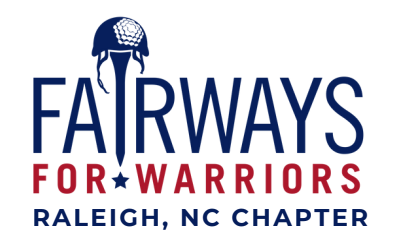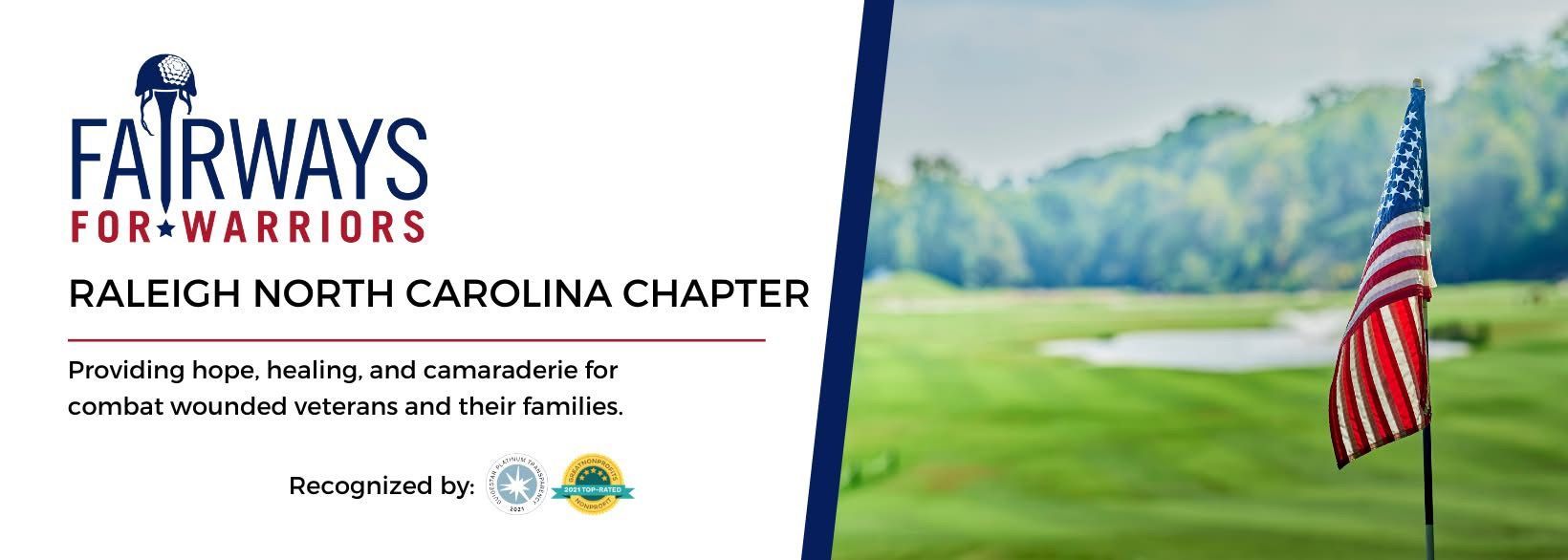How Golf Can Reduce Veterans Suicide Risk: A Path to Healing Through Fairways
Veterans returning from service often face significant mental health challenges, including post-traumatic stress disorder (PTSD), depression, and social isolation. Tragically, these struggles can lead to an increased risk of suicide. However, alternative therapeutic approaches, such as golf therapy, have emerged as powerful interventions in veterans' mental health recovery. Programs like Fairways for Warriors harness the power of golf as therapy for trauma recovery, fostering social connections, physical activity, and emotional healing.
The Connection Between PTSD, Social Isolation, and Suicide Risk
PTSD is one of the most prevalent mental health conditions among veterans, affecting approximately 11-20% of those who served in combat zones. Symptoms often include flashbacks, hypervigilance, mood swings, and withdrawal from social interactions. Many veterans struggle to reintegrate into civilian life, leading to a dangerous cycle of isolation and depression, which significantly elevates the risk of suicide.
According to the Department of Veterans Affairs, an average of 17 veterans die by suicide daily. Addressing this crisis requires innovative approaches that go beyond traditional therapy and medication. Golf therapy has emerged as a promising intervention, offering both physical and mental benefits that can help veterans regain stability and purpose.
Golf as Therapy for Trauma Recovery
Golf is more than just a game—it is a form of therapy that engages both the mind and body. Structured golf programs like those provided by Fairways for Warriors create a supportive environment where veterans can find relief from the stressors of PTSD and daily life. Here’s how golf therapy contributes to veterans' mental well-being:
1. Promoting Social Connection
Veterans often struggle with feelings of isolation, which can exacerbate depression and suicidal ideation. Golf provides an opportunity for social interaction in a low-pressure environment. By participating in structured programs, veterans build camaraderie, share experiences, and develop a sense of belonging. Many participants find friendships on the fairway that translate into a strong support system off the course.
2. Encouraging Mindfulness and Stress Reduction
The focus required in golf promotes mindfulness, a mental state that helps manage PTSD symptoms. The repetitive nature of swinging, the concentration needed for putting, and the serene outdoor environment allow veterans to stay present and reduce anxiety. Studies have shown that mindfulness-based therapies can significantly improve PTSD symptoms, and golf offers a natural way to incorporate this practice.
3. Enhancing Physical Health and Routine
Physical activity is a crucial component of mental health recovery. Golf provides moderate exercise, which releases endorphins and reduces stress hormones. The act of walking the course, swinging the club, and engaging in the sport helps veterans regain physical strength and establish a routine that promotes overall well-being.
4. Providing a Sense of Accomplishment and Purpose
Many veterans struggle with a loss of identity after leaving military service. Engaging in golf programs fosters a renewed sense of purpose, allowing participants to set goals, track progress, and experience achievement. Whether it’s improving their game or mentoring fellow veterans, these accomplishments boost confidence and self-esteem.
Fairways for Warriors: A Lifeline for Veterans
Fairways for Warriors is dedicated to providing veterans suicide help through structured golf programs. Their mission is to support veterans struggling with PTSD, traumatic brain injuries, and other service-related conditions by offering a holistic approach to healing. With chapters across the country, they provide free golf instruction, equipment, and events that help veterans reconnect with themselves and their communities.
Veterans deserve more than just clinical interventions; they need community, purpose, and holistic healing options. Golf therapy offers a powerful and effective way to combat PTSD, reduce social isolation, and ultimately lower suicide risk. Programs like Fairways for Warriors are making a significant impact, proving that healing can be found on the greens, one swing at a time.
If you or a veteran you know is struggling, reach out to Fairways for Warriors to learn more about how golf can be a pathway to recovery and renewed hope.


